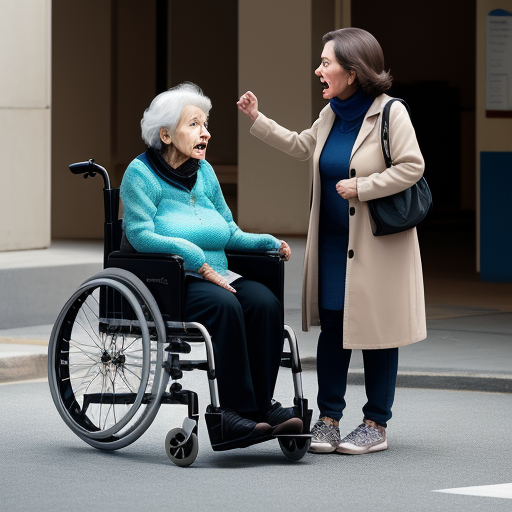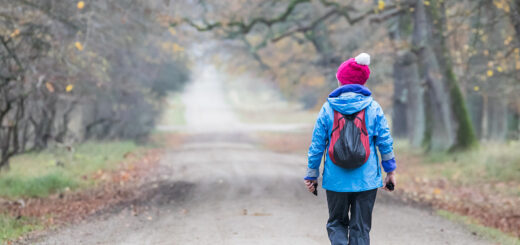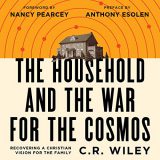Take A Stand For Those Who Cannot

Let’s say you were walking out of the grocery store, and you noticed a woman yelling at an elderly woman in a wheelchair. The one lady who is obviously upset keeps pointing at her car and then shouting back at the other who is sitting there quietly.
What do you do?
Do you speed up and walk a little faster to your car?
What if that same woman goes to hurt the disabled woman? What if she tips over her wheelchair and then leaves the woman lying on the pavement and drives away? At what point would you turn and go to confront the two?
Or would you just ignore the whole situation claiming, “It’s not my problem, so why should I get involved?”
It is a good question.
If you’re not the one being threatened, it’s quite tempting to leave a dangerous situation. But what if it was something simpler than that? For instance, Proverbs 31:8 brings up a scenario by saying, “Open your mouth for the speechless, in the cause of all who are appointed to die.”
To paraphrase this, we are told to look out for those who aren’t as capable as us. Like a man who can speak, arguing for another who cannot, we are called to look out for those who need our help. ‘Who are appointed to die’ could mean those who are in a situation that could end in death for them, or it could also refer to those who are weaker, perhaps elderly.
The next verse in this chapter continues to give us instructions about looking out for others: “Open your mouth, judge righteously, and plead the cause of the poor and needy.” This verse tells us to judge righteously. So, when we’re in a dilemma where something bad might happen to someone who doesn’t deserve it, we should stand up for them.
The same is commanded for those who are poor. We are to ‘plead their cause’, or to defend them in any way possible. Whether it’s a legal battle or even just interfering with a possible fight, we are called to help others.
But why?
What are some of the benefits of helping those who are weaker than us?
Well, for starters, God values the poor and regularly told His people to look out for widows and orphans, so by looking out for the weak, we’re doing God’s will. Another reason to do so is by looking out for others, we can demonstrate God’s love.
Also, at some point in time, we could find ourselves in their shoes. Perhaps our health could fail, or we might lose our jobs. In those cases, we would be quite happy to receive help from others, especially knowing that we’ve done the same.
So, back to our first scenario. Instead of ‘getting out of there’ and leaving the needy woman to fend for herself, we can remember that we have the ability to help her, so we should. And maybe in the process, we could also tell her more about our Lord and Savior who looks out for us as well.












